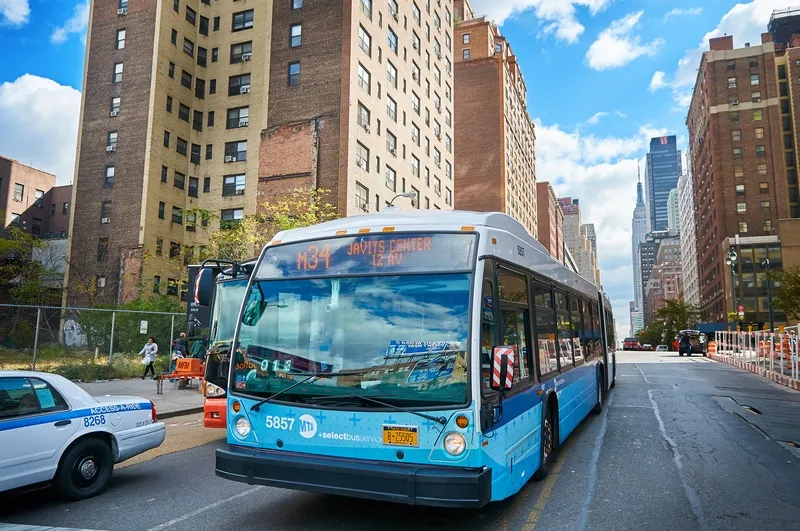The Opticom TSP system implemented by the Société de transport de Laval (STL) provides buses with a green light to keep them on time, while data derived from the GPS-enabled system helps managers update and refine routes and schedules for a better passenger experience and, potentially, an increase in passengers using the system.
Using both conditional and relative priority has been key to managing the priority of their buses. With so many vehicles in the system, there was a need to implement a means of deciding which buses receive priority and when. The solution was to send priority levels derived from the buses’ on-board computers to the Opticom system. Different priority levels are determined by passenger counts and schedule data.
GTT’s Opticom TSP helps to improve performance for Laval buses
Global Traffic Technologies (GTT) has implemented its Opticom transit signal priority solution (TSP) in the city of Laval in Quebec, Canada in an effort to improve bus network performance and boost ridership. The TSP system is installed at 90 per cent of intersections in the city and on more than 300 buses and paratransit vehicles. The Opticom TSP system implemented by the Société de transport de Laval (STL) provides buses with a green light to keep them on time, while data derived from the GPS-enabled syst
May 16, 2017
Read time: 2 mins










